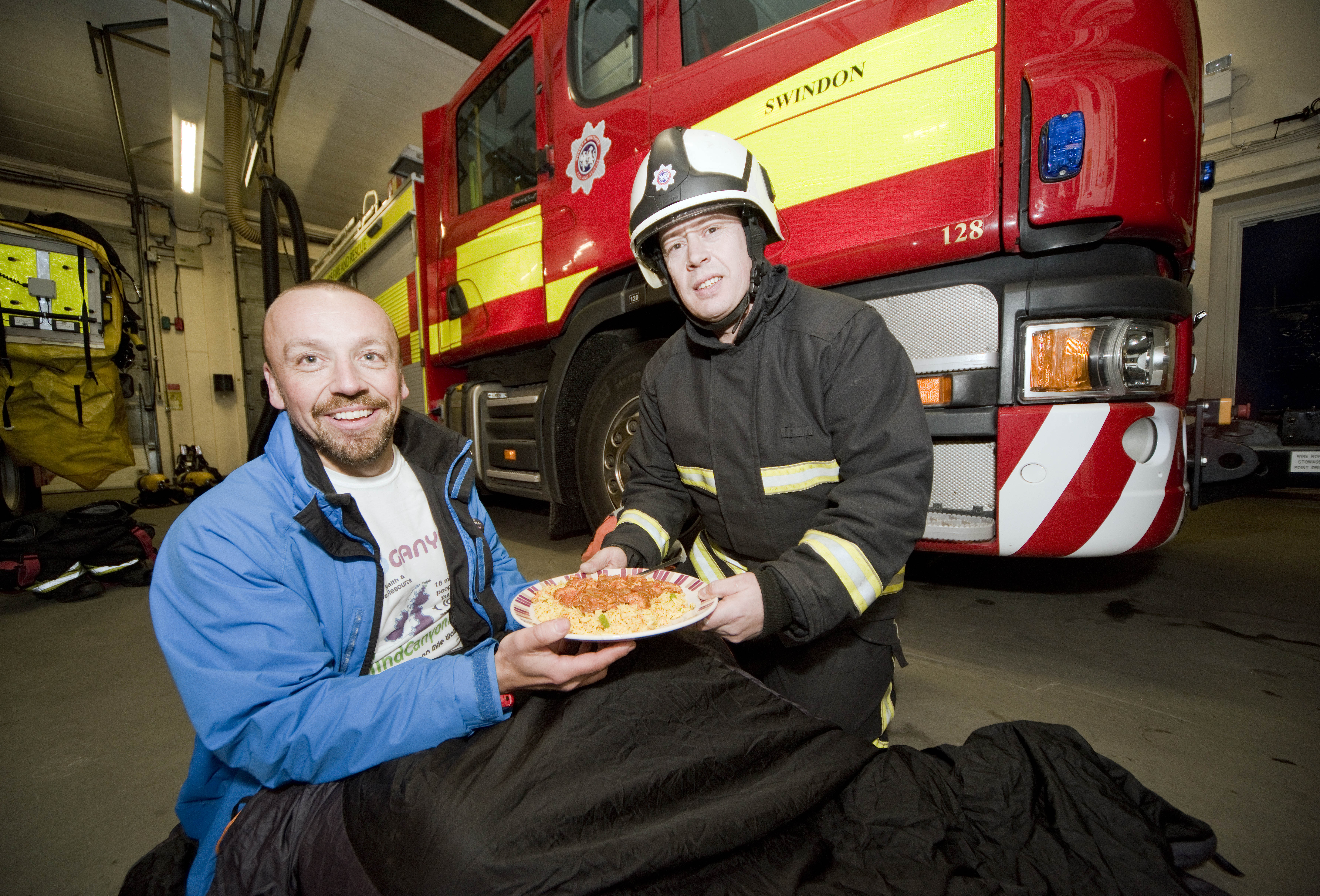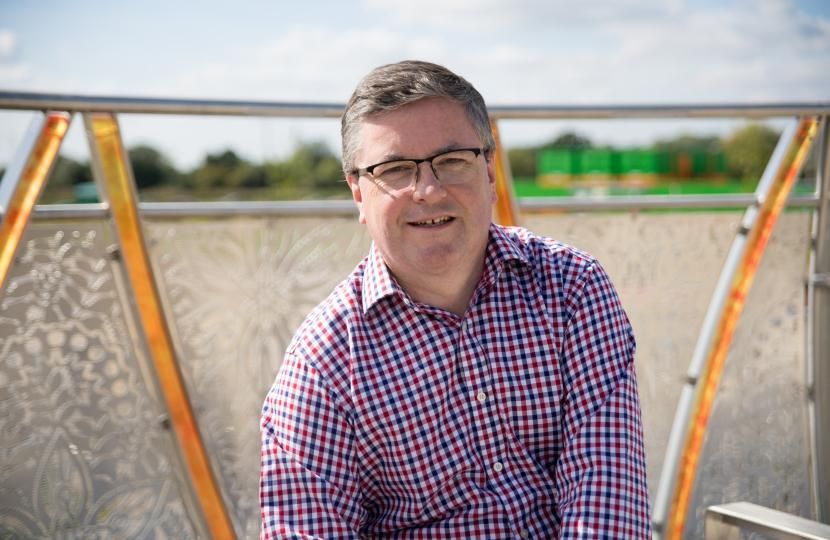Swindon based mental health campaigner Steve Carr will be on his bike yet again in December, spending his Christmas in Barcelona and cycling to Paris for New Years Eve.
As with Steve's challenges in the past, he is heading to the continent with no prior route set, no planned stop off points and the essentials he needs to get to Paris. His aim this time is to raise awareness of social isolation, an issue Steve has a personal connection to.
Steve said: "On December 24 2016 I'll be driving from Swindon to Barcelona. This will be the starting point of my final awareness campaign of the year.
"Having previously suffered with social isolation and sought help, I will be using my personal experience to bring awareness to the condition that is social isolation.
"On 25 December I shall be cycling from Barcelona to Montpellier, Cannes, Nice, Turin, Geneva and finally onto Paris for New Years Eve. I shall be doing all of this solo and vlogging every day to a group page (www.facebook.com/groups/mindcanyon) and like my previous campaigns, I do not have a plan. I will leave it to fate.
"The reason I am choosing social isolation is to show people it can effect anybody at any age at any time. I am launching this one month before I leave via social media and will be advertising what support services and groups are on offer in Swindon and what volunteering opportunities will be available over the xmas period, specifically for Swindon Voluntary Action Services."
Social isolation can be indicated by a person avoiding regular contact with other people. Spending time alone is a good thing, and some people require more solitude than others. Introverts, for example, enjoy spending lots of time alone and can feel drained through social interaction, whereas extroverts prefer the company of others and are recharged through social interaction.
Social isolation—the absence of social relationships—is typically considered unhealthy when people spend excessive time alone, particularly when they no longer benefit from time spent alone.
Socially isolating oneself can mean staying home for days, not talking with friends or acquaintances, and generally avoiding contact with other people. Any form of contact, however limited, is likely to remain superficial and brief, while more meaningful, extended relationships are missing.
Social isolation may be indicated when a person’s avoidance of social interaction:
- Persists for an extended period of time
- Is a result of depression, shame, or low self-worth
- Is associated with abandonment fears or social anxiety
- Proves detrimental to important social or professional relationships.
Social isolation, in turn, can exacerbate a person’s feelings of low self-worth, shame, loneliness, depression, and other mental health concerns. Thus, social isolation can be both a cause and symptom of other mental health issues.
Isolation itself is not a diagnosis, but it can be a symptom of depression, social anxiety, or agoraphobia. Other conditions that impair social skills can lead to isolation, though not necessarily by choice.
Emotional isolation can occur as a result of social isolation, or when a person lacks any close confidant or intimate partner. Even though relationships are necessary for our well-being, they can trigger negative feelings and thoughts, and emotional isolation can act as a defence mechanism to protect a person from emotional distress.
When people are emotionally isolated, they keep their feelings completely to themselves, are unable to receive emotional support from others, feel “shut down” or numb, and are reluctant or unwilling to communicate with others, except perhaps for the most superficial matters.
Emotional isolation can occur within an intimate relationship, particularly as a result of infidelity, abuse, or other trust issues. One or both partners may feel alone within the relationship, rather than supported and fulfilled. Identifying the source of the distress and working with a therapist to improve communication and rebuild trust can help couples re-establish their emotional bond.
Therapy can help address the emotional and psychological issues that lead to isolating behaviours. Sometimes isolation is not a matter of choice; some people may report wanting to have friends and engage emotionally, but are unable to do so out of fear or because they do not know how to proceed.
In addition, many people battle a sense of isolation during major life transitions, such as when someone loses an intimate partner or close confidant, and others may experience isolation simply because they are physically isolated by living in remote areas.
In any case, feelings of isolation can be severely distressing, and therapy can help a person develop social skills and learn to manage symptoms. In fact, the therapeutic process itself provides an opportunity to establish trust with and experience the emotional support of another person, all of which will help a person to live a less isolated existence.
Steve added: "All I ask is you please help me spread the word via social media or whichever way you see fit. The BBC have contacted me to say they would like to cover the story and air it over the Christmas period."
Follow Steve's next journey at watch his video blogs at:
https://www.facebook.com/groups/mindcanyon/










Your Comments
Be the first to comment on this article
Login or Register to post a comment on this article